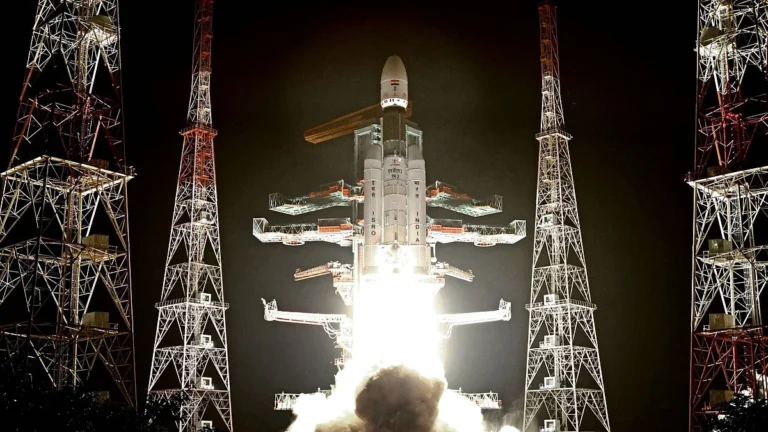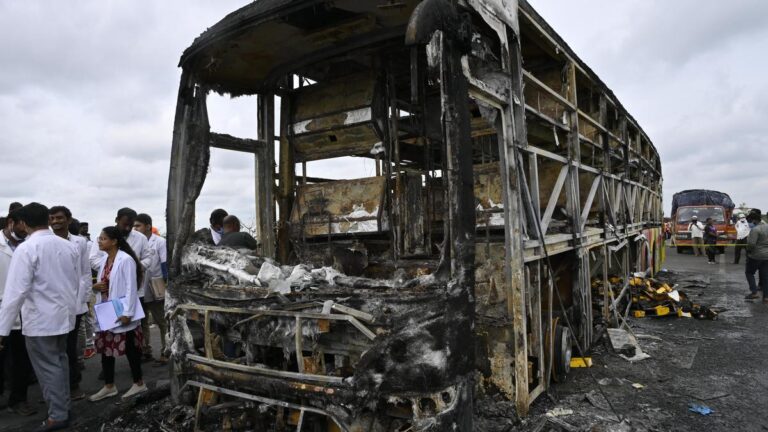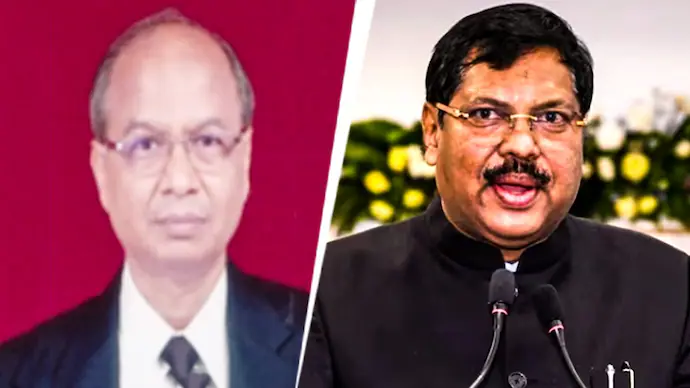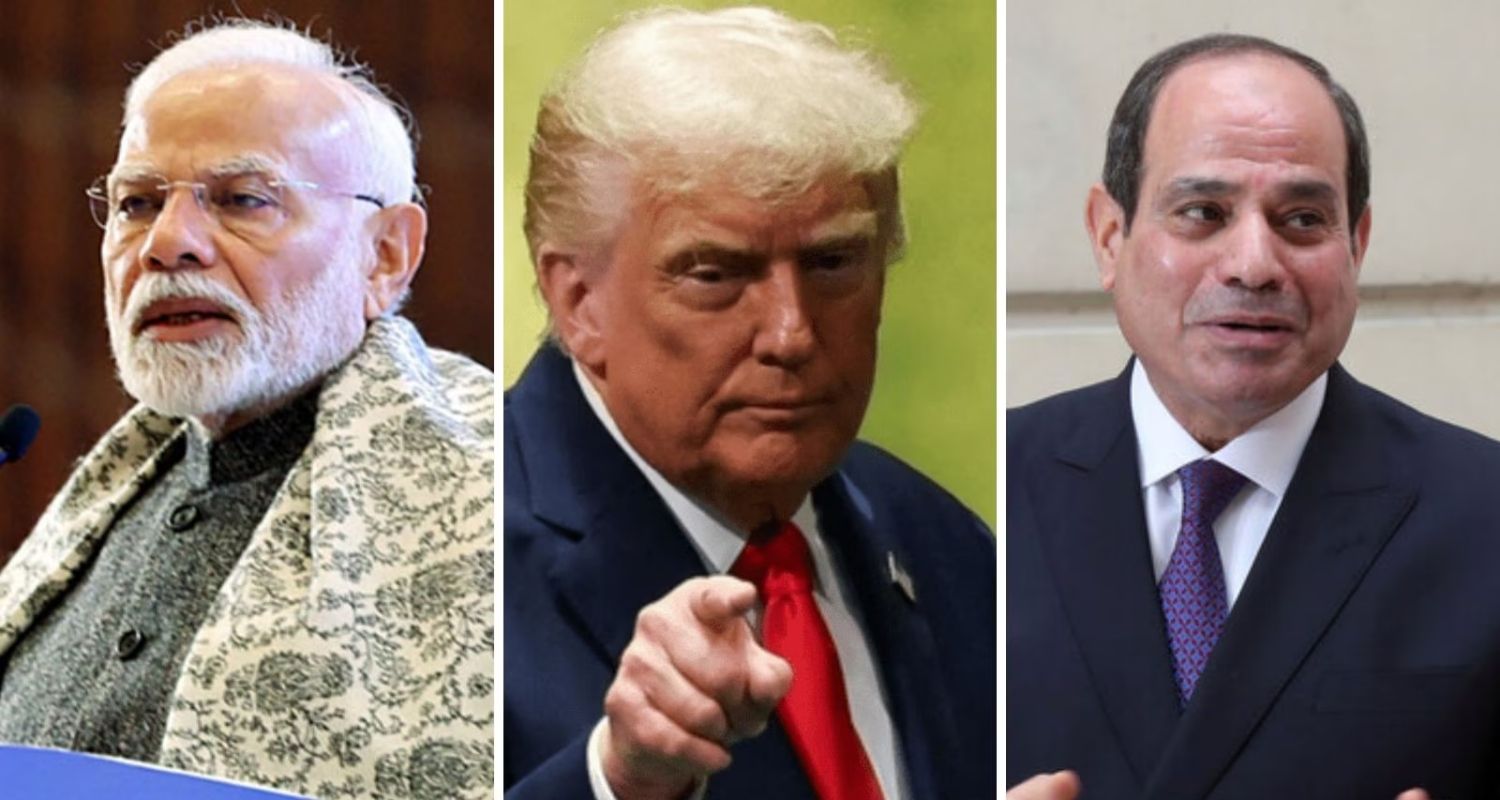
In a surprising diplomatic move, the Prime Minister decided not to attend the Gaza Peace Summit held in Sharm el-Sheikh, Egypt. The summit was organized to discuss the ongoing conflict in Gaza and explore potential solutions for restoring peace in the region. Leaders and representatives from multiple nations, including Egypt, Jordan, the United Nations, and the European Union, participated in the high-level discussions.
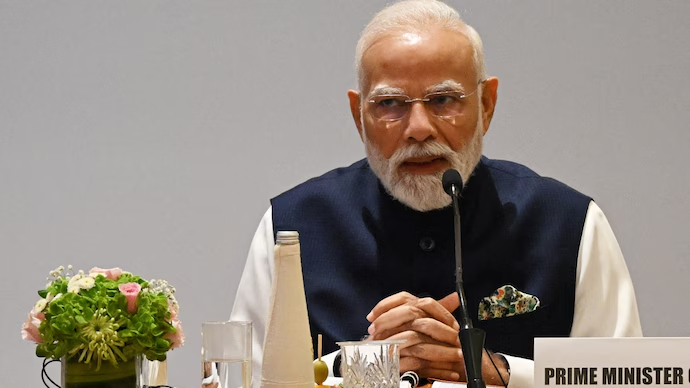
According to officials, the Prime Minister’s absence was due to scheduling conflicts and internal policy considerations. However, political analysts believe the decision could be seen as a strategic message, indicating the government’s cautious approach toward international mediation on the Gaza issue.
The Sharm el-Sheikh summit aimed to promote ceasefire talks, ensure humanitarian aid to Gaza, and rebuild diplomatic trust among regional powers. Despite India’s absence, the country reaffirmed its commitment to supporting peace and stability in the Middle East through bilateral and international channels.
Observers suggest that while India’s non-participation may slightly impact its visibility in the peace process, it continues to maintain a balanced stance—supporting Israel’s security concerns while advocating for humanitarian assistance and long-term peace in Gaza.
Conclusion:
The Prime Minister’s decision to skip the Gaza Peace Summit has raised questions in diplomatic circles, but it also reflects India’s independent foreign policy approach. As tensions in Gaza persist, global efforts to bring sustainable peace will require broader cooperation among all key players, including India.
